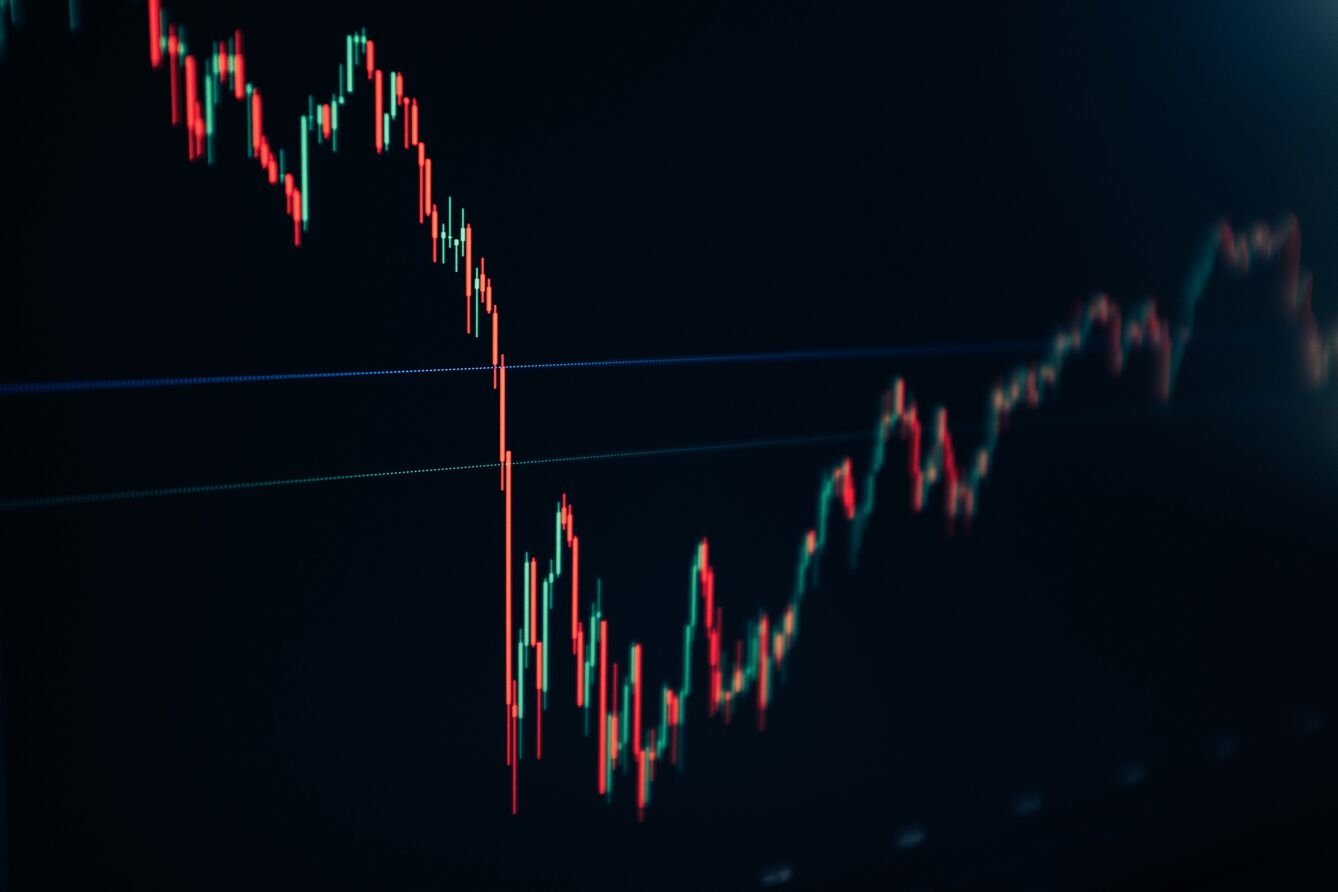Russian Ships Unload in the EU
Reflections on EU Sanctions after Russia-Ukraine conflict
Recent discussions have focused on ships subject to sanctions, or restrictions, with ties to Russia through management agencies, flags, or classification. These vessels have been observed docking at EU ports for cargo operations, prompting concerns regarding the efficacy of EU sanctions against Russia. For instance, the ATLANTIC NAVIGATOR II was detained in Germany a few days ago for carrying sanctioned cargo. As it is reported the vessel was carrying birch plywood and uranium from St. Petersburg to Baltimore, but due to a damaged propeller stopped at Rostock on 3rd of March and was detained by the local authorities.
In late March, the POLA PELAGIA, unloaded cargo in Bari, Italy, originating from Kavkaz, Russia. Similarly, another vessel from the same company, the POLA MARIA, has called at Brake Port, Germany, carrying a cargo of 7.80kt of Grains/oilseeds from Kaliningrad, Russia. Although agricultural products are not part of the EU sanctions package, based on EU council press releases, POLA PELAGIA and POLA MARIA are currently sanctioned as well as their ownership, Pola Rise LLC, by OFAC.
Both the POLA PELAGIA and POLA MARIA are classified by the Russian Maritime Register of Shipping, which is no longer affiliated with the International Association of Classification Societies (IACS). The Oil Price Cap (OPC) coalition enforcement, along with the attempt to minimize the Russian oil, and in general petroleum products, within the european union and third countries, alerted industry stakeholders on the 1st February 2024: “Industry stakeholders are encouraged to ensure counterparties receive classification from the International Association of Classification Societies (IACS) member classification societies to ensure vessels are fit for the service intended.”
Additionally, there is no information available about the P&I (Protection and Indemnity) Club for both these vessels, raising further concerns about insurance coverage. Without legitimate, continuous insurance coverage, ship owners may be unable to pay the costs of accidents in which they are involved, including oil spills, which entail tremendous environmental damage and safety risks and associated costs. The OPC coalition in their October 2023 advisory encourages industry stakeholders to require that vessels have continuous and appropriate maritime insurance coverage for the entirety of their voyages.

The EU has imposed massive and unprecedented sanctions against Russia in response to Russia's invasion of Ukraine, alongside measures from the US and United Kingdom. These sanctions target various activities, including individual restrictions on Russian persons, economic measures, visa limitations, and diplomatic actions, aiming to deter Russia's belligerence. The import and export restrictions are designed to weaken Russia's economic base, depriving it of critical technologies and markets and significantly curtailing its ability to wage war and Russia’s military operation.
The interdependence between EU member states and Russia, notably in energy trade, underscores the complexity of the relationship. However, sanctions targeting Russia's financial system and assets have had considerable ramifications since the Ukrainian conflict began, affecting technology exports, asset freezing, energy industry restrictions, and of course financial institutions. Analysts predict a 7–8% decline in Russia's GDP over the coming years due to these sanctions and import ban, potentially impacting EU economies.
EU sanctions on Russia have also targeted key commodities such as coal, iron ore, steel products, metals, cement, and luxury goods, leading to notable shifts in trade patterns because of the restrictive measures and asset freeze. Analysis of Kpler data reveals a substantial decrease in Russia's exports to the EU post-May 2022, with fluctuations influenced by geopolitical tensions, economic factors, and policy changes.

Based on Kpler data, Russia's overall exports to the EU fell by over 90%. Between March 2021 and May 2022 the average monthly exports was around 3.5mt. Between April 2022 and March 2024, the average has fallen to 288kt.
In light of recent incidents involving sanctioned vessels with flag of Russia calling at major ports in Europe, concerns persist among EU stakeholders regarding the effectiveness and ramifications of sanctions in general, and more specific on export bans. These events underscore potential weaknesses in existing sanctions regimes in maritime transport, despite the European Commission multifaceted approach. Adjustments may be necessary to streamline sanctions implementation and address stakeholder concerns, highlighting the ongoing challenge of managing EU-Russian government relations amidst geopolitical complexities.
Did you know?
All of the data and insight from this article came from the Kpler platform. Enabling commodity traders, producers and investors to reduce risk and maximise returns, to make better decisions, faster with real-time, unbiased expert research, AI driven analytics, and precise price forecasting.
See these in action. Get your demo of the service now.

See why the most successful traders and shipping experts use Kpler.
Hey, how can we help you today?
Get in touch and see why the most successful traders and shipping experts use Kpler






